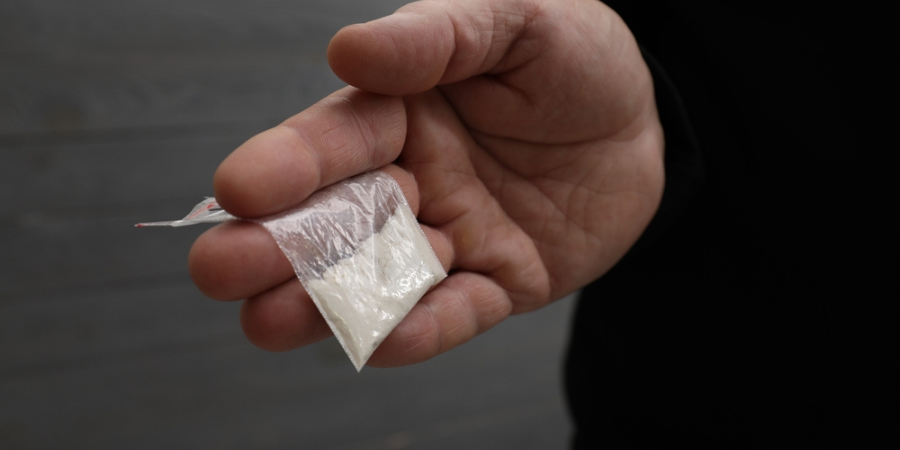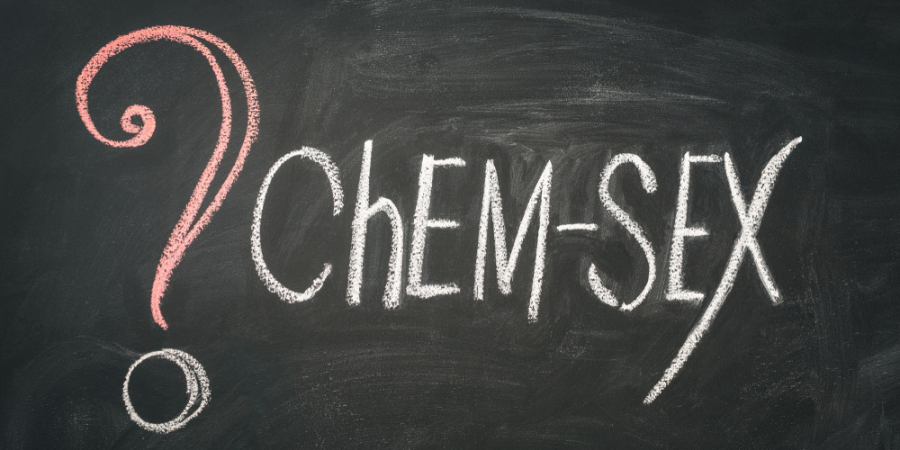GHB Addiction | Signs, Symptoms and Effects
GHB has become a popular party drug in the UK and worldwide but behind the scenes, this potent sedative has wrecked countless lives. There are huge personal risks linked to GHB abuse including overdose and drug addiction and it has also become notorious for its use in spiking and date rape crimes. In the worst-case scenarios, GHB addiction can be life-threatening, with death coming at the end of a trail of destruction. If you or someone you know is struggling with GHB addiction, this page will provide the information and resources needed to get help.
What is GHB?
GHB, short for gamma-hydroxybutyrate, is a sedative that can make you feel happy, relaxed and disinhibited in as little as fifteen minutes. It was first synthesised in the 1960s and was initially used in medical settings for its sedative effects and as a treatment for sleep disorders like narcolepsy.
However, just a little too much GHB can lead to severe side effects like dizziness, confusion, physical incapacitation and blackouts. Despite this, GHB has been a popular party drug in the UK since the 1990s and is widely available through nefarious means. It is usually sold in small vials, and because it is clear and has no odour, it is easy to hide in a drink for both personal consumption or for assaults.
What is GHB addiction?
GHB addiction takes hold when you go from enjoying the effects of GHB to being unable to quit even though you aren’t enjoying it anymore. GHB is never prescribed in the UK, so addiction always begins with illegal GHB abuse. This could be to get high in a club or party or even to unwind after a tough day.
However, GHB can be highly addictive because of how quickly it acts and how strong the effects are. When you keep using it, over time, you start to feel like you need it more and more and soon enough, your body demands it to get through the day. If you don’t meet this demand, GHB addiction withdrawal symptoms like anxiety, depression and cravings can hit you extremely hard.
But GHB addiction isn’t just a physical yearning – it can also hijack your mind and emotions. This can make it tough to focus on or even care about anything other than when you can take GHB again. As a result, your life can start to fall apart with GHB taking up all your time, energy and focus.
GHB addiction facts are hard to come by, particularly due to the drug’s stigma, but there were 31 deaths in 2022 where GHB was mentioned on the death certificate. To put this into context, that is the highest number of GHB-related deaths since records began.
GHB addiction signs and how to spot them
GHB addiction often comes with subtle shifts in behaviour that can be easy to miss at first but snowball over time. A growing preoccupation with GHB is a big one so if GHB starts dominating your thoughts, controlling your schedule or causing you to make risky decisions, it’s a sign something’s off.
Other GHB addiction signs include constantly needing more of the drug to achieve the same high, hiding your GHB abuse from loved ones and feeling irritable or anxious when you don’t take it.
On a social level, you may start giving up your hobbies, isolating yourself or only hanging out with others who use GHB. Another clue is when work or school responsibilities start slipping through the cracks because you’re too focused on the drug.
If any of these behavioural GHB addiction symptoms sound familiar or if you are experiencing constant mood swings, memory gaps fatigue and dizziness, you may want to consider getting professional advice about GHB addiction.
What puts you at risk of GHB addiction?
Not everyone has the same risk of developing an addiction to GHB because we all have different factors at play. Some of these risk factors include:
Genetics
You may have noticed that addiction often runs in families, and this isn’t bad luck; it’s down to genetics. This means that if you have close relatives who have struggled with substance abuse before, you might also be more prone to developing a GHB addiction if you start using it.
Mental health problems
GHB can seem like an easy way out when you are dealing with anxiety, depression or other mental health issues. The problem is that GHB is only ever a temporary fix, with the addiction that develops becoming a very permanent problem.
Trauma and stress
Stressful life events or past trauma can push some people toward substances like GHB as a way to numb emotional pain. Unfortunately, GHB abuse as a coping method leads to regular use and, eventually, GHB addiction.
Peer pressure
If your friends or social circle all use GHB, it can start to feel like the norm. The more you are exposed to GHB in these situations, the easier it can become to fall into regular, addictive use without realising it.
Low self-esteem
Many people start using GHB to feel more confident or outgoing in social situations. However, this can make you overreliant on it and before you know it, you are using GHB all the time, not just at parties.
The dangers and side effects of GHB addiction
GHB addiction can turn your life upside down faster than you can ever imagine. This drug’s unpredictable nature and its potentially devastating effects make it one of the most dangerous substances out there. Here are some of the most dangerous side effects of GHB addiction and abuse:
GHB overdose
GHB abuse can be a ticking time bomb – the difference between a manageable dose and one that sends you into GHB overdose is incredibly thin. GHB overdose can lead to blackouts, respiratory failure and even death, especially when mixed with alcohol. This makes GHB abuse a risky game that is never worth playing.
Mental health collapse
Chronic GHB abuse can also cause crippling anxiety, paranoia and deep depression. As GHB addiction takes hold, your relationships suffer, and you may find yourself isolated, worsening your mental health struggles and keeping you locked in the cycle of GHB abuse.
Legal repercussions
GHB is a Class B drug in the UK, with many people calling for it to become a Class A. Even at its current classification, GHB possession is punished by up to five years in prison and distribution and manufacturing by up to fourteen years.
How is GHB addiction treated?
Effective GHB addiction treatment addresses all the different aspects of the condition. This includes drug detox to overcome GHB addiction withdrawal, drug rehab for psychological causes and triggers and aftercare to help ensure long-term recovery.
Recovery Lighthouse provides all three of these critical stages to help our clients overcome GHB addiction and stay sober. This is done on an inpatient basis so you can focus purely on recovery and get some peace from the triggers of GHB addiction.
Get help for GHB addiction today
If you have become stuck in a cycle of GHB drug addiction, Recovery Lighthouse can illuminate a path to freedom. We provide comprehensive treatment that delves into the unique factors that have led to your GHB addiction so you can work through them systematically. Contact us today to learn more about how we can help or begin treatment.
Frequently Asked Questions
(Click here to see works cited)
- Office for National Statistics. “Dataset Deaths related to drug poisoning by selected substances, England and Wales.” Office for National Statistics, https://www.ons.gov.uk/peoplepopulationandcommunity/birthsdeathsandmarriages/deaths/datasets/deathsrelatedtodrugpoisoningbyselectedsubstances. Accessed 22 October 2024.
- Drugs.com. “GHB Drug: Effects, Hazards & Methods of Abuse.” Drugs.com, https://www.drugs.com/illicit/ghb.html. Accessed 22 October 2024.
- Alcohol and Drug Foundation. “GHB.” Alcohol and Drug Foundation, https://adf.org.au/drug-facts/ghb/. Accessed 22 October 2024.
- FRANK. “GHB | Effects of GHB.” FRANK, https://www.talktofrank.com/drug/ghb. Accessed 22 October 2024.
- UK-Rehab. “Treatment For GHB Addiction | UK Rehab.” UK-Rehab, https://www.uk-rehab.com/treatment-rehab/ghb-addiction/. Accessed 22 October 2024.
- Kids Health. “What Is GHB? (for Parents) | Nemours KidsHealth.” Kids Health, https://kidshealth.org/en/parents/drugs-ghb.html. Accessed 22 October 2024.






